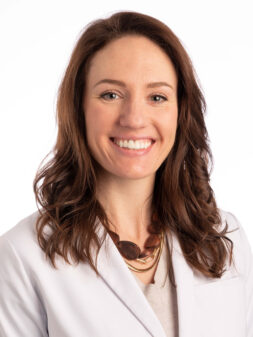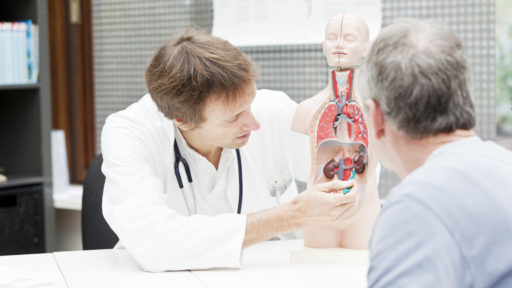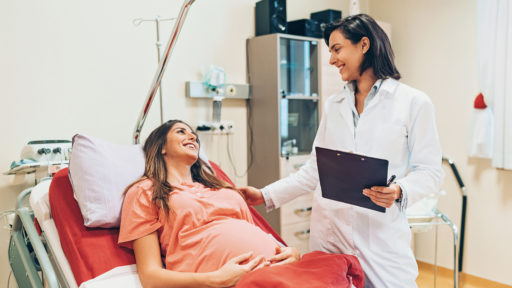Infertility is a more common problem than most people realize, for both males and females. A number of conditions and issues can contribute to infertility in men and women.
Female Infertility
Approximately 10 percent of women in the United States ages 15-44 have difficulty getting pregnant or staying pregnant. In most cases, infertility issues are caused by problems with ovulation. If you have irregular or absent menstrual periods, this could be an indication that you are not ovulating normally. This could be caused by polycystic ovary syndrome, blocked fallopian tubes or problems with the uterus.
Other existing medical conditions may also play a role in your fertility. In some cases, thyroid disorders can interrupt your menstrual cycle or cause infertility. If you have been diagnosed with cancer and have undergone treatment, this can also impair fertility. Other medical issues that delayed puberty or have created an absence of menstruation, like diabetes, celiac disease, Cushing’s disease or kidney disease, can also affect fertility.
Age definitely plays a role in female fertility. An older woman’s eggs aren’t fertilized as easily as a younger woman’s eggs. She has a smaller number of eggs left, and they are not as healthy.
How to Address Infertility
Several common medications can help treat infertility. These medications often help women who have ovulation problems. They can, however, increase the chance of having twins, triplets or other multiples.
Several factors can change your ability to have a baby, and some are within your control:
- Maintain a healthy weight. Being overweight or significantly underweight can affect hormone production and prevent normal ovulation. Staying within a healthy weight range will increase your chance of getting pregnant.
- Eat a healthy, well-balanced diet. While there are no specific foods that will increase your likelihood of conceiving, good nutrition is an important part of preconception care. You should also be sure to include a daily prenatal vitamin that contains folic acid.
- Manage stress. Research has shown that stress can lower the odds of conception. Try to avoid high-stress situations or practice stress-reducing techniques that allow you to unwind.
- Don’t miss your regular checkups. If you make regular visitors to your doctor, he/she can help you detect or manage any existing health conditions that could play a role in your fertility.
If you are concerned about getting pregnant, don’t forget to take care of yourself. You want to create a healthy environment for your baby for nine months.
Male Infertility
In approximately half of all infertility cases, male infertility plays a role.
Male infertility is typically determined by a semen analysis. A specialist will evaluate the number of sperm, how they are shaped and how they move. A semen analysis can be slightly abnormal, and the male still be fertile. However, the analysis helps determine the cause of infertility and what can be done to treat it.
Causes of Male Infertility
Problems with male fertility can be caused by a variety of issues:
- Existing medical conditions, such as diabetes, cystic fibrosis, trauma, infection, testicular failure or treatment with chemotherapy or radiation
- Varicoceles is a condition in which there is swelling of the veins that drain the testicle. It can lead to reduced sperm count and fewer moving sperm.
- Infections (including sexually-transmitting infections) can interfere with sperm count or cause scarring that blocks the sperm.
- Unhealthy habits, such as smoking, heavy alcohol use, testosterone supplementation, steroid use and illicit drug use.
- Environmental toxins including exposure to pesticides and lead.
- Chromosome defects can lead to abnormal development of male reproductive organs.
Male infertility can be treated with medical, surgical or assisted reproductive therapies depending on the exact cause. Even if an exact cause is not clear, your doctor may be able to recommend treatments that help.





